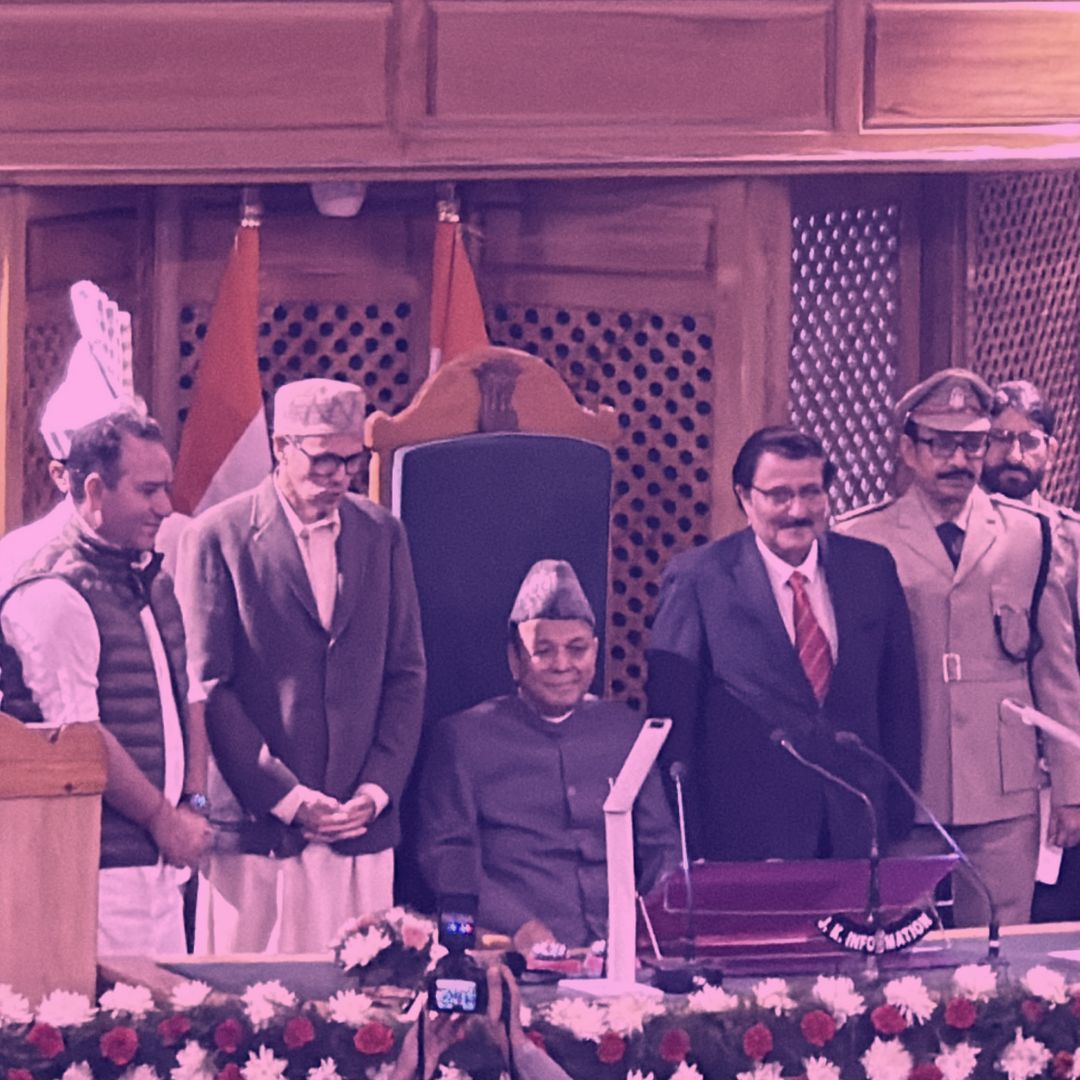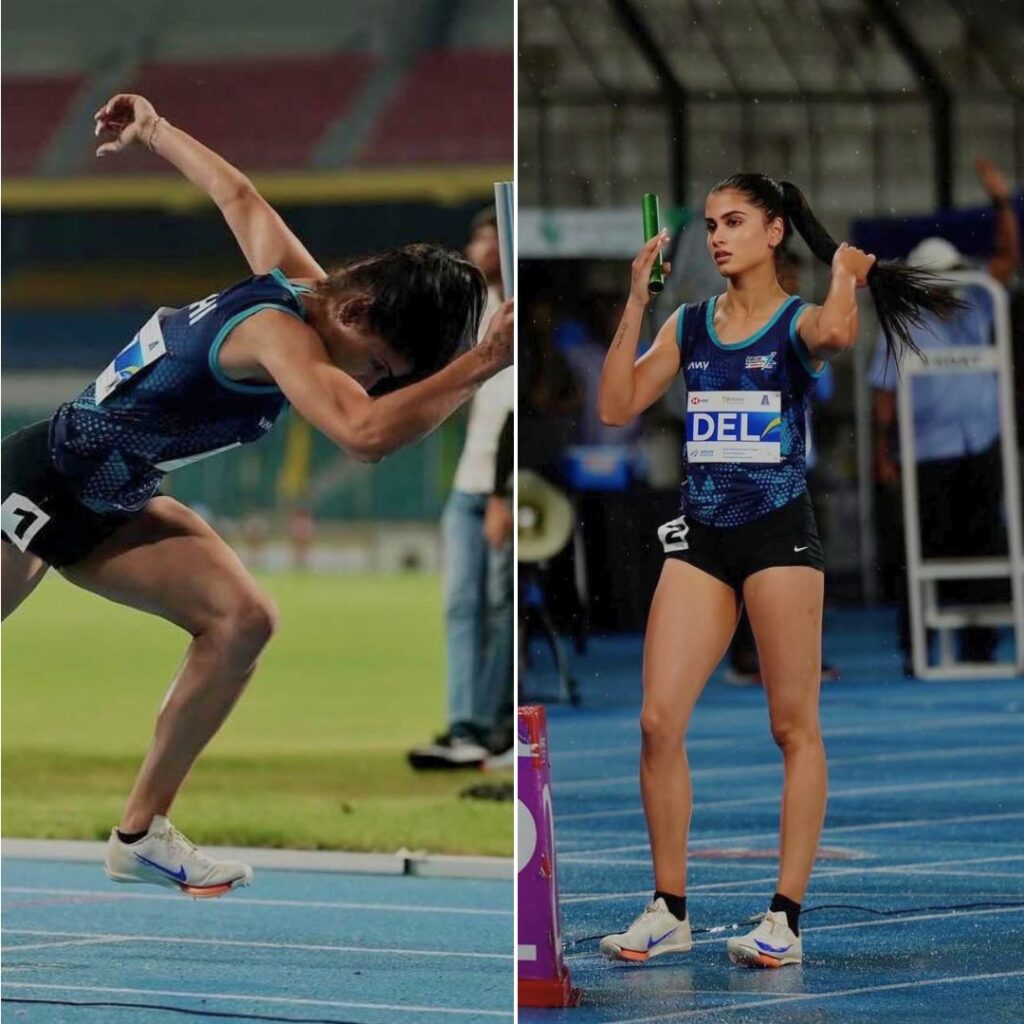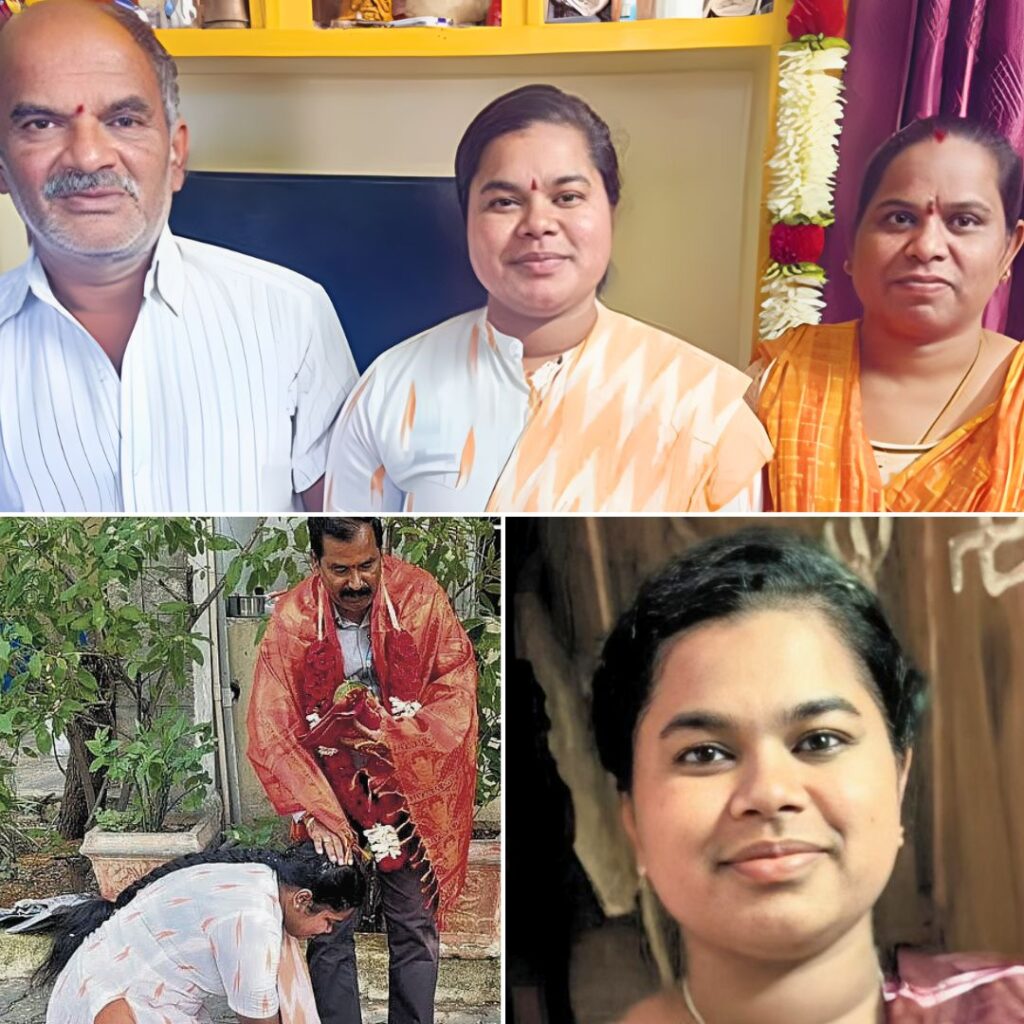Veteran National Conference leader Abdul Rahim Rather has been elected as the Speaker of the Jammu and Kashmir Assembly, marking a historic moment as it is the first assembly session since the region’s reorganisation into union territories in 2018. Rather, representing the Charar-i-Sharief constituency, was elected unanimously without opposition contesting, highlighting a collaborative spirit among parties. The assembly session will span five days, with significant discussions scheduled following the Lieutenant Governor’s address, including a proposed resolution regarding the abrogation of Article 370.
Historic Election and Support
Abdul Rahim Rather, an experienced politician with seven terms as an MLA, was elected Speaker during a session that commenced at 10:30 AM. The election was conducted by Protem Speaker Mubarak Gul, with Minister for Agriculture Javed Ahmad Dar proposing Rather’s candidacy, which was seconded by NC MLA Arjun Singh Raju. Following his election, Chief Minister Omar Abdullah congratulated Rather, calling him a “natural choice” for the position and emphasizing his role as the “custodian of this House.” The BJP’s Leader of Opposition, Sunil Sharma, also extended his congratulations and expressed hopes for a neutral stance from the Speaker.
Context of Political Change and Article 370
This assembly session is particularly significant as it is the first in over six years, with the last meeting occurring in early 2018 before Jammu and Kashmir was reorganised into two union territories. The National Conference is expected to propose a resolution during this session to protest against the abrogation of Article 370, which granted special status to Jammu and Kashmir until its revocation by the central government on August 5, 2019. This resolution reflects the party’s ongoing commitment to restoring that special status and addressing the concerns of local citizens. The agenda includes discussions on key issues raised in the Lieutenant Governor’s address, with obituary references scheduled for November 5 and further debates planned for November 6 and 7.
News in Q&A
1. Who has been elected as the Speaker of the Jammu and Kashmir Assembly?
Abdul Rahim Rather, a veteran leader from the National Conference, has been elected as the Speaker of the Jammu and Kashmir Assembly on November 4, 2024. This marks a significant moment as it is the first assembly session since the region’s reorganisation into union territories.
2. What is significant about this assembly session?
This assembly session is historic because it is the first convened in over six years, following the revocation of Jammu and Kashmir’s special status under Article 370 in August 2019. The session includes crucial discussions on local governance and a proposed resolution to address the abrogation of Article 370.
3. How was Abdul Rahim Rather elected, and what support did he receive?
Rather was elected unanimously during a session that commenced at 10:30 AM, with Protem Speaker Mubarak Gul overseeing the election process. His candidacy was proposed by Minister for Agriculture Javed Ahmad Dar and seconded by NC MLA Arjun Singh Raju, receiving congratulations from various political leaders, including Chief Minister Omar Abdullah.
4. What are the key issues expected to be discussed during this session?
The assembly agenda includes discussions on issues raised in the Lieutenant Governor’s address, with a focus on economic development, security concerns, and the proposed resolution regarding Article 370. Obituary references are also scheduled for November 5.
5. What does this election mean for the future of Jammu and Kashmir’s governance?
Rather’s election as Speaker is seen as a potential turning point for democracy in Jammu and Kashmir. His extensive political experience may facilitate constructive dialogue among parties, fostering collaboration to address pressing local issues while keeping historical grievances in focus.
The Logical Indian’s Perspective
At The Logical Indian, we see Abdul Rahim Rather’s election as an encouraging development for democracy in Jammu and Kashmir. His extensive experience and the collaborative approach of various parties could foster a more constructive political environment. The proposed resolution regarding Article 370 highlights the importance of addressing historical grievances while moving forward. We invite our readers to consider how this new leadership can contribute to peace and stability in the region. What steps do you think local leaders should take to ensure effective governance and community engagement while addressing past injustices?











